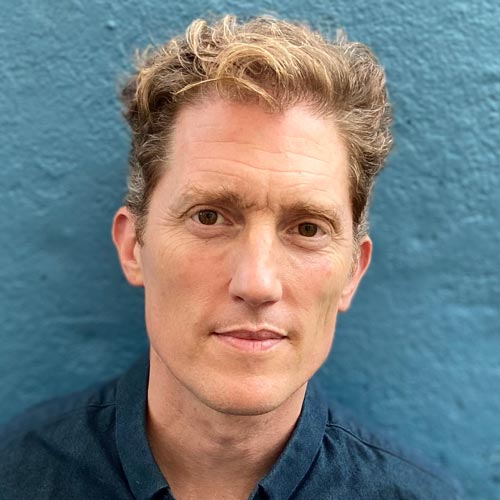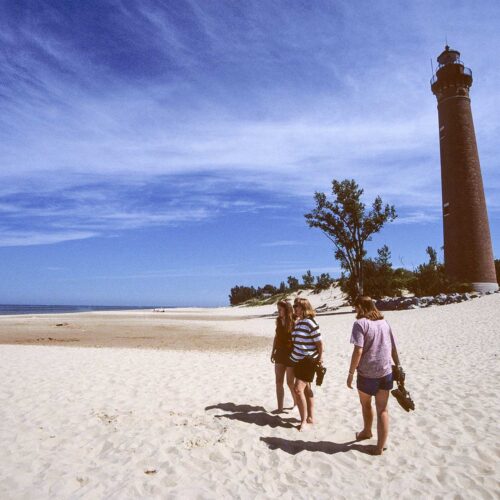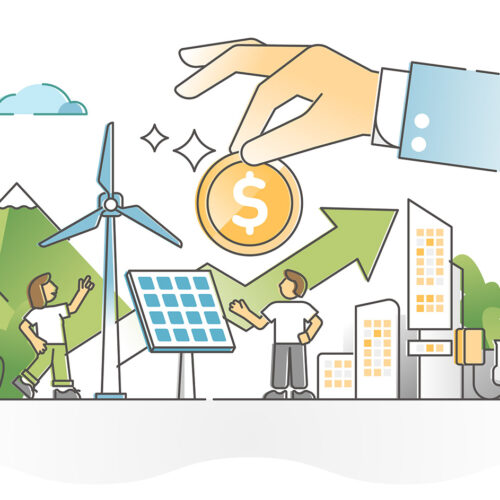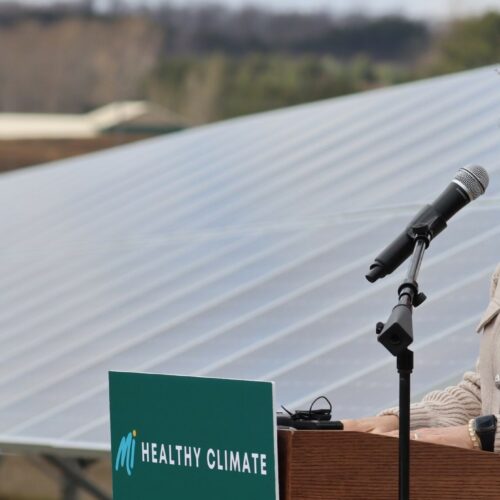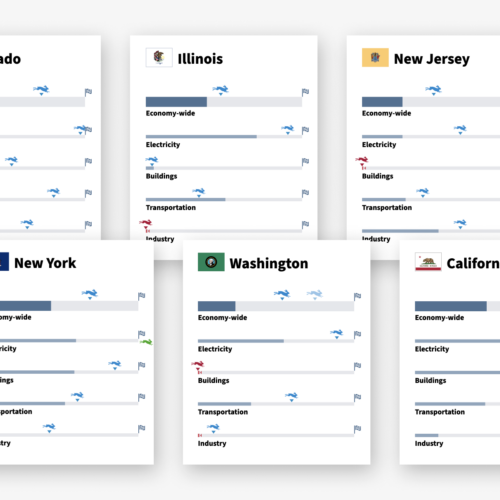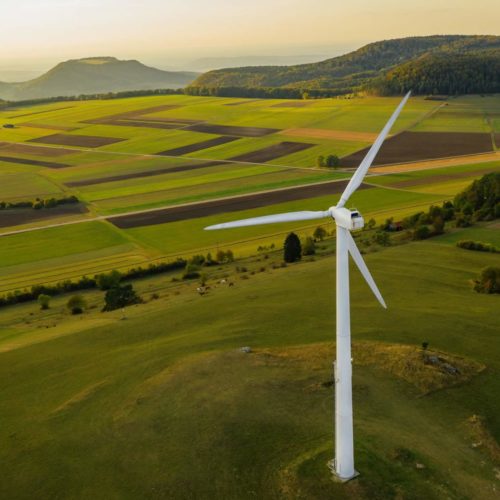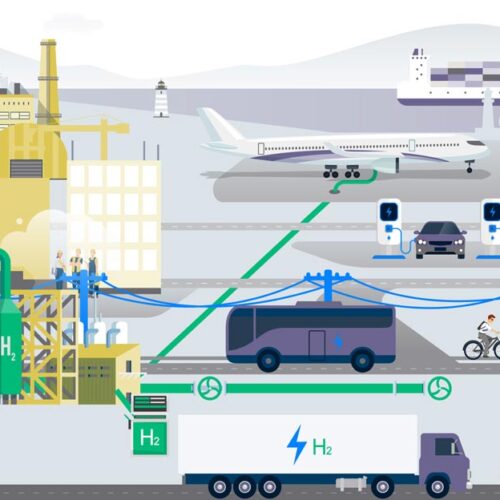
Jacob is a Principal in RMI’s US Program, where he leads work with states taking equitable climate action. He led the creation of The Carbon-Free City Handbook, and The Carbon-Free Regions Handbook, guides to help local governments across the world. In addition to supporting policy work and analytics, he is known for public speaking, facilitation, and equity solutions.
Background
Jacob started at RMI in 2015 and formerly led the Residential Energy+ and Codes for Climate initiatives in the buildings program, in addition to supporting RMI’s Urban Transformations team.
He has worked in sustainable community development for over 20 years and was previously the Executive Director of EcoWorks, a nonprofit in Detroit that works at the intersection of sustainability, buildings and social justice.
In his spare time, he’s an active parent of 3 kids, writes, makes music, and occasionally designs games. He’s bewilderingly lucky to be married to the musician and polymath Vienna Teng.
Education
University of Michigan, Environmental Mediation Seminar
Dispute Resolution Center, State of Michigan Mediation Training
B.A., Kalamazoo College, Sociology and Anthropology, with unofficial concentrations in Mathematics, Art and Women’s Studies
Location
Washington, D.C.
